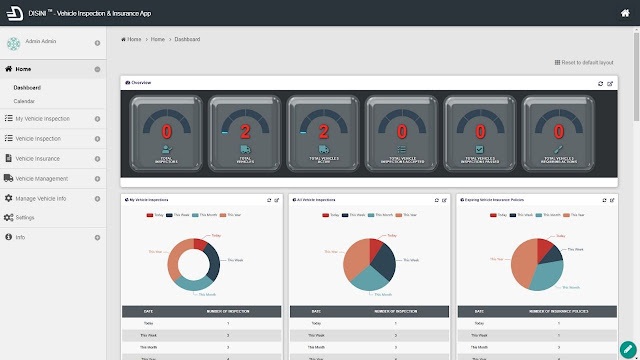As a no-code / low-code platform to rapidly develop web applications, one of the
key principles of Joget Workflow is openness. The team at Joget believes openness is a very important trait for software, and the following are our commitment to open source and open standards:
- Core platform is fully open source, available publicly on GitHub.
- Built on the Java Enterprise Edition (EE) standard, can be deployed on a variety of Java EE compatible application servers such as IBM Websphere Liberty, Oracle Weblogic, Red Hat JBoss, Apache Tomcat, etc.
- Supports any Java supported operating system e.g. Microsoft Windows, Linux (Ubuntu, Red Hat, SUSE, etc), Unix, etc.
- Underlying database is vendor independent and can run on a variety of SQL standard databases e.g. MySQL, Oracle, Microsoft SQL Server, PostgreSQL, etc
- Can be deployed in different environments as required e.g. on-premise server, private cloud, public cloud (Amazon Web Services, Google Cloud Platform, Microsoft Azure, etc), Cloud Foundry, Docker and OpenShift.
- Supports web standards HTML5, CSS3 and a variety of modern web browsers e.g. Google Chrome, Firefox, Safari, MS Edge, MS IE.
- Supports open authentication and directory standards such as LDAP, SAML and Kerberos.
- Integration options available using SOAP, REST JSON and JavaScript APIs, etc.
- Plugin architecture allows for extension of the platform to support any open standards.
- Platform code security scanned using Fortify for compliance with security standards such as FISMA, PCI 3.2 and DISA STIG 3.9.
These have been a focus since the very first release up until the latest
Joget Workflow v6. To get started with Joget Workflow, check out the
video tutorials,
knowledge base, or
Joget Academy courses.


Great and most wanted.
ReplyDelete